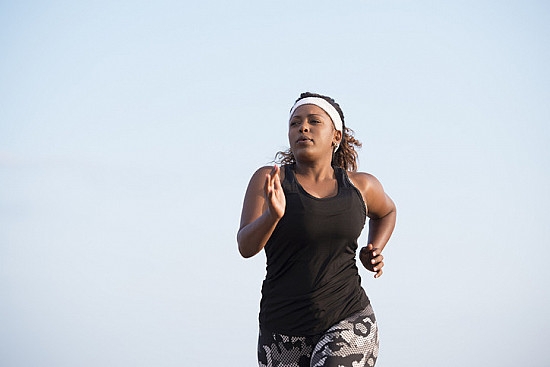Anxiety and depression are common mental health issues affecting millions of people worldwide. They can make everyday activities feel overwhelming and interfere with the quality of life. While there are many treatments available, such as therapy and medication, exercise is a powerful tool that can help manage these conditions effectively. This article explores how exercise benefits mental health, especially in managing anxiety and depression, and offers some practical tips for getting started.
Read more about Wellness
How Exercise Helps with Anxiety and Depression
-
Releases Feel-Good Chemicals
When you exercise, your body releases chemicals called endorphins. These are often referred to as “feel-good” chemicals because they can help reduce pain and increase feelings of happiness and well-being. This natural high can significantly improve mood and reduce symptoms of anxiety and depression.
-
Reduces Stress Hormones
Exercise also helps lower the levels of stress hormones, such as cortisol. High levels of these hormones can contribute to feelings of anxiety and depression. By reducing their levels, exercise can help calm the mind and improve overall mental health.
-
Improves Sleep
People with anxiety and depression often have trouble sleeping. Regular exercise can help regulate sleep patterns, making it easier to fall asleep and stay asleep. Better sleep can lead to improved mood and reduced symptoms of both anxiety and depression.
-
Boosts Self-Esteem
Engaging in physical activity can improve self-esteem and self-confidence. Achieving exercise goals, no matter how small, can provide a sense of accomplishment. This boost in self-esteem can be particularly beneficial for those struggling with depression, who often feel low and unmotivated.
-
Provides a Distraction
Exercise can serve as a healthy distraction from negative thoughts and worries. Focusing on physical activity can take your mind off the things that are troubling you, offering a reprieve from anxiety and depression symptoms.
-
Social Interaction
Participating in group exercises or team sports can provide social interaction, which is important for mental health. Building relationships and having a support system can help alleviate feelings of loneliness and isolation, common in people with anxiety and depression.
Types of Exercise That Help
-
Aerobic Exercise
Activities like running, swimming, cycling, and dancing are great for increasing heart rate and releasing endorphins. Even a brisk walk can make a significant difference in mood.
-
Strength Training
Lifting weights or using resistance bands can also help reduce symptoms of anxiety and depression. Strength training provides a sense of progress and achievement as you build muscle and strength.
-
Yoga and Pilates
These exercises focus on the mind-body connection and include deep breathing and relaxation techniques. They can be particularly effective in reducing stress and promoting a sense of calm.
Sign up for the Connect Nigeria daily newsletter
-
Team Sports
Engaging in sports like soccer, basketball, or volleyball can provide both physical activity and social interaction, helping to reduce feelings of isolation and improve mood.
-
Outdoor Activities
Spending time in nature while exercising, such as hiking or biking, can enhance mental health benefits. The fresh air and natural surroundings can help reduce stress and improve overall well-being.
Getting Started with Exercise
-
Start Small
If you’re new to exercise or haven’t been active for a while, start with small, manageable activities. Even a 10-minute walk can make a difference. Gradually increase the duration and intensity of your workouts as you become more comfortable.
-
Choose Activities You Enjoy
Find an exercise that you enjoy so that it doesn’t feel like a chore. Whether it’s dancing, swimming, or playing a sport, doing something you love will make it easier to stick with your routine.
-
Set Realistic Goals
Set achievable goals to stay motivated. Instead of aiming to run a marathon right away, start with a goal to walk for 20 minutes a day. Celebrate your progress, no matter how small.
-
Make It a Habit
Try to incorporate exercise into your daily routine. Schedule it like any other important activity. Consistency is key to reaping the mental health benefits of exercise.
-
Seek Support
If you’re struggling to get started, consider finding a workout partner or joining a class. Having someone to exercise with can provide motivation and make the activity more enjoyable.
Register to attend the CN Business Mixer
Final Thoughts
Exercise is a natural way to manage anxiety and depression. It can help release feel-good chemicals, reduce stress hormones, improve sleep, boost self-esteem, provide a healthy distraction, and offer social interaction. By incorporating regular physical activity into your routine, you can significantly improve your mental health and overall well-being. Start small, choose activities you enjoy, set realistic goals, make it a habit, and seek support if needed. With these steps, exercise can become a valuable part of managing anxiety and depression.
Got a suggestion? Contact us: [email protected]

